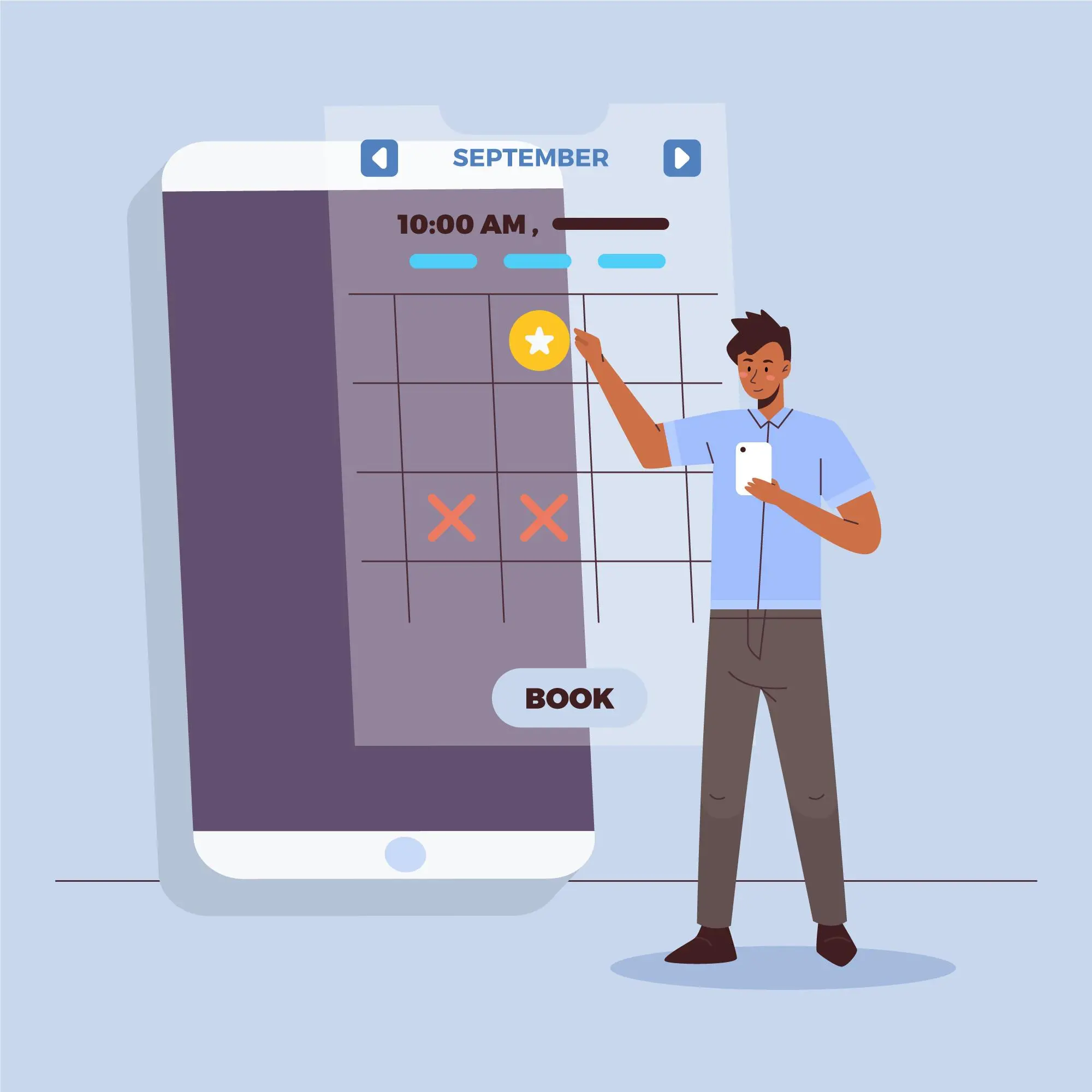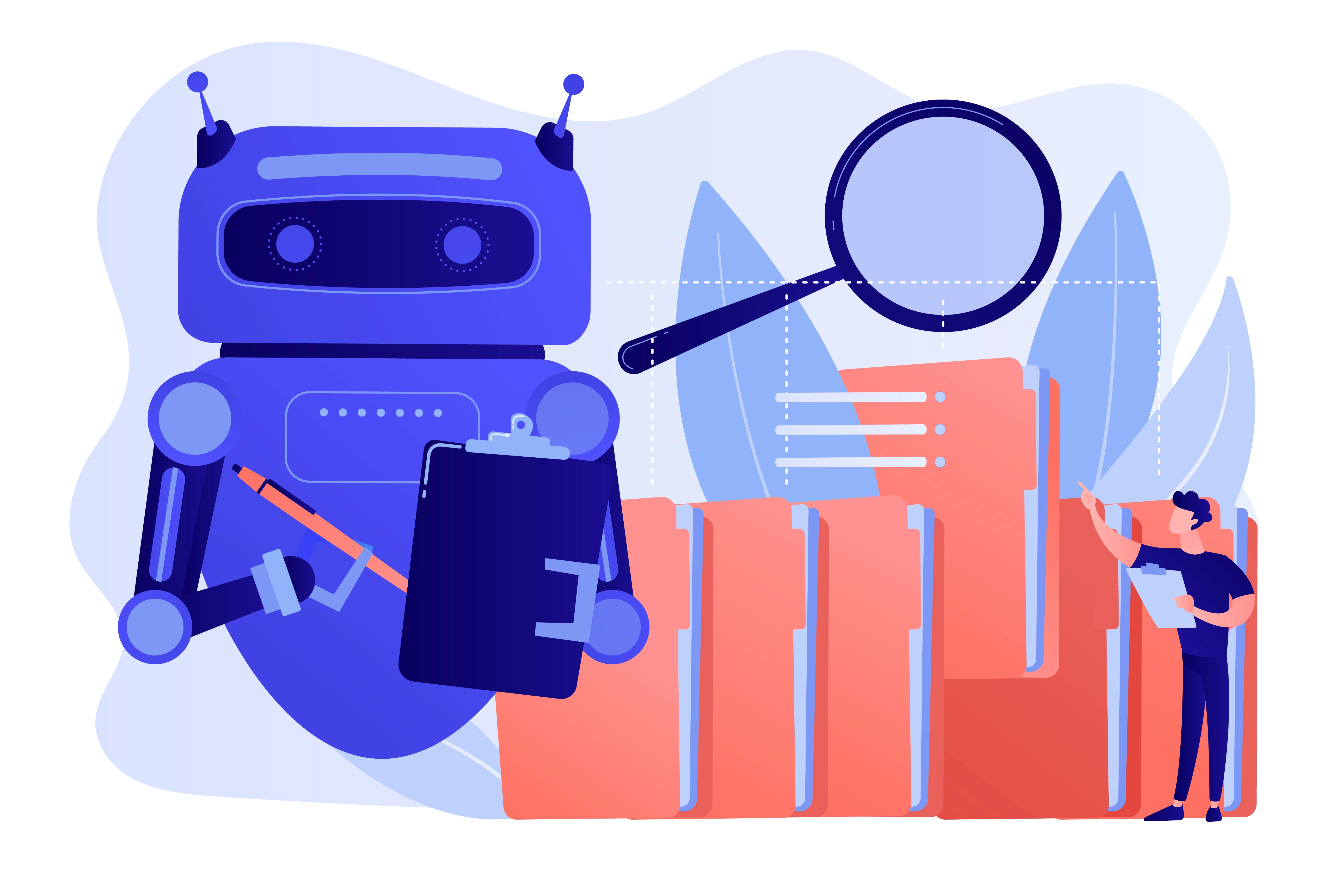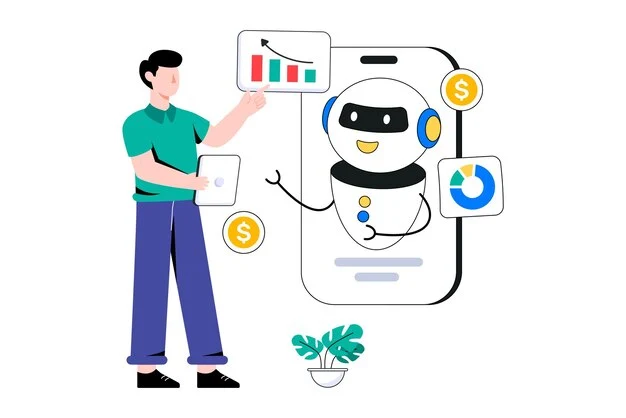Generative AI revolutionizes project management by streamlining repetitive tasks, generating innovative ideas and insights, identifying and mitigating risks, augmenting communication, and enhancing creativity.
AI for project managementis a conversation that cannot be skipped considering the bulk of benefits it brings along with it.
With AI tools, teams can automate low-value tasks, improving productivity and efficiency. These tools can also provide ideation suggestions and market analysis to spark creative thinking and guide new strategies.
AI can anticipate and mitigate risks by analyzing past projects and monitoring sentiment analysis.
Additionally,AI assists in meeting preparation, email drafting, presentations, and documentation, making communication more effective.
The advent of generative AI has revolutionized project management by automating and optimizing various aspects of the project lifecycle.
This articleexplores three case studiesthat demonstrate how generative AI is transforming the way we manage projects.
AI and project managementgo hand in hand when it comes to breeding results that require precision goals and planning for collaborative efforts.

One of the most exciting applications of generative AI is its ability to create customized schedules and timelines tohelp manage projects and tasks.
Instead of spending hours manually building out schedules in spreadsheets or project management apps, AI can now generate them for you in seconds based on your input.
Here are some ways generative AI scheduling tools can save time and streamline project management:
With AI handling the logistical heavy lifting, managers can focus less on tactical schedule building and more on high-value strategic planning.
And teams can collaboratively iterate on timelines more efficiently. Generative scheduling is poised to transform project management workflows completely.
See how generative AI scheduling helped a construction firm improve resource allocation, reduce bottlenecks, and drive timely project completion.
Scenario: A construction company is working on a large-scale project with multiple tasks and dependencies. They are struggling to create an efficient schedule that takes into account all the variables and constraints.
Role: The project manager creates and manages the project schedule.
Objective: To develop a realistic and optimized project schedule that considers resource availability, task dependencies, and project constraints.
Outcome: By using Gen AI, the project manager was able to generate a detailed and accurate project schedule in a fraction of the time it would have taken manually.
Artificial Intelligence in project management is truly a blessing for project managers and employees alike who are overloaded by time constraints.
The AI-assisted schedule allowed for better resource allocation, reduced bottlenecks, and improved project coordination, resulting in timely project completion and increased client satisfaction.

One of the most important aspects of project management isidentifying and managing risks.
Traditionally,this has been a time-consuming and labor-intensive process thatrequires a lot of manual effort.However, with the advent of generative AI, this process can now be automated to a large extent.
AI-generated risk logsare a powerful tool that can helpproject managers identify and manage risks more efficiently.
These logs are created by feeding historical data into an AI algorithm, which then analyzes the data to identifypatterns and trends. Based on this analysis, the algorithm can predictpotential risks and suggest mitigation strategies.
One of the keyadvantages of AI-generated risk logsis that they can help project managers identify risks that they may not have otherwise considered.
This is because theAI algorithmis able to analyze large amounts of data and identify patterns that may not be immediately apparent to ahuman analyst.
Anotheradvantage of AI-generated risk logsis that they can help project managersprioritize risks based on their potential impact.
By analyzing historical data, the algorithm can identify which risks are most likely to occur and which ones are likely to have thegreatest impact on the project.This allows project managers to focus their attention on the most critical risks and develop mitigation strategies accordingly.
Of course,AI-generated risk logs are not a panacea.They are only as good as the data that is fed into them, and they cannot replace human judgment entirely.
However, they are a powerful tool that can help project managers identify and manage risks more efficiently,freeing up time and resources for other important tasks.
Learn how one software company used AI-powered risk analysis to minimize delays and enhance stakeholder confidence.
Scenario: A software development company is facing numerous risks throughout the development lifecycle of a complex software project. They need a systematic approach to identify, assess, and manage these risks effectively.
Role: The project manager responsible for risk management and mitigation.
Objective: To identify and assess project risks, develop mitigation strategies, and maintain an up-to-date risk log.
Outcome: By leveraging Gen AI, the project manager was able to generate a comprehensive risk log that identified potential risks, assessed their impact and likelihood, and suggested appropriate mitigation strategies.
The AI-assisted risk log enabled proactive risk management, and timely risk response, and minimized the impact of unforeseen events on project progress. This resulted inimproved project outcomes, reduced project delays, and enhanced stakeholder confidence.
AI-generated risk logs are an exciting development in the field of project management. By automating the risk identification and management process, they can help project managers work more efficiently and effectively, ultimately leading to better project outcomes.

AI project management is the name of the game, and of course, it can’t be completed without keeping an eye on costs.
Accurately estimating project costs is acrucial part of project management. However, creating detailed and realistic cost estimates is also one of the most challenging aspects.
It requires deep knowledge, meticulous analysis, and the ability to anticipate risks and uncertainties. This is where AI comes in.
AI can help improve cost estimation in several ways:
Find out how an engineering firm leveraged AI cost estimation to develop competitive bids and achieve higher profitability.
Scenario: An engineering firm is bidding on a construction project and needs to accurately estimate the costs involved in order to submit a competitive proposal.
Role: The project manager responsible for cost estimation and budgeting.
Objective: To accurately estimate project costs, including labor, materials, equipment, and overhead expenses, to ensure profitability and competitiveness.
Outcome: By utilizing Gen AI, the project manager was able to generate accurate cost estimates by analyzing historical project data, market trends, and cost factors.
The AI-assisted cost estimation process provided valuable insights and enabled the project manager to make informed decisions regarding resourceallocation, cost control, and pricing strategies.
As a result, the company was able to submit a competitive bid, win the project, and achieve higher profitability through effective cost management.
AI for project managementis a solution long considered by organizations for all these reasons and more.
With AI augmentation,cost estimations become faster, more accurate, risk-aware, and easier to update.
Together with a project manager's industry knowledge, AI can create highly reliable forecasts to set realistic budgets and prevent cost overruns.
The productivity boost allows managers to shift focus from manual number-crunching to higher-value work.
So what does the future hold for AI and project management? Here is our take!
Generative AI is revolutionizing project management by streamlining repetitive tasks and improving productivity.
It also helps in generating ideas and insights through AI-powered ideation, market analysis, and customer insights. Identifying and mitigating risks is made easier with predictive analytics, sentiment analysis, and simulation.
AI can augment communication by assisting in meeting preparation, email drafting, presentations, and documentation. It also enhances creativity and innovation by stimulating creative thinking and assisting with design and planning.
Even if you are just stepping on the door as a project manager you have to understand thatAI and project managementcan be a beautiful combination to get things done and craft schedules to put the pieces all together.
However, it's important to understand the capabilities and limitations of AI and integrate it successfully while maintaining human expertise. So, let's embrace the power of AI and make project management a breeze!
Thank you for reading!
Explore the Impact of Generative AI on Project Management and Enhance Your Workflow
Confused about our certifications?
Let Our Advisor Guide You